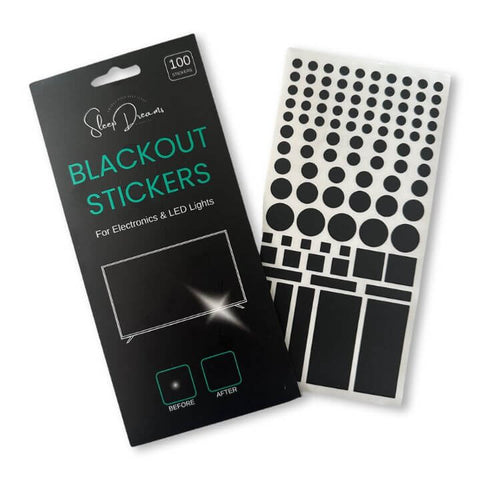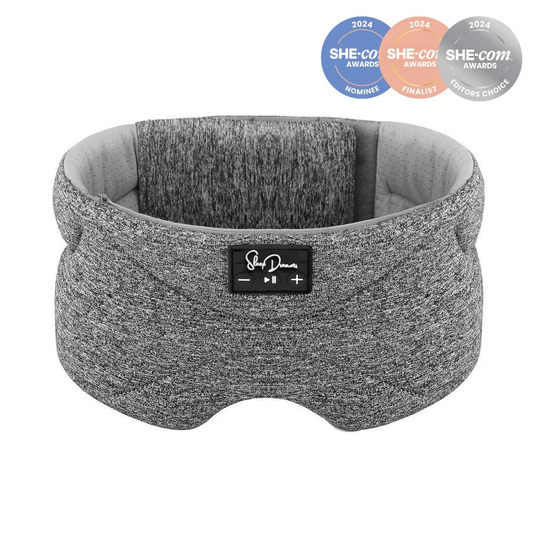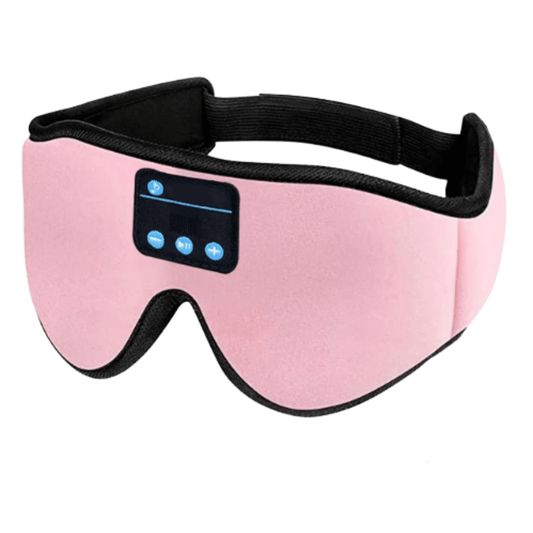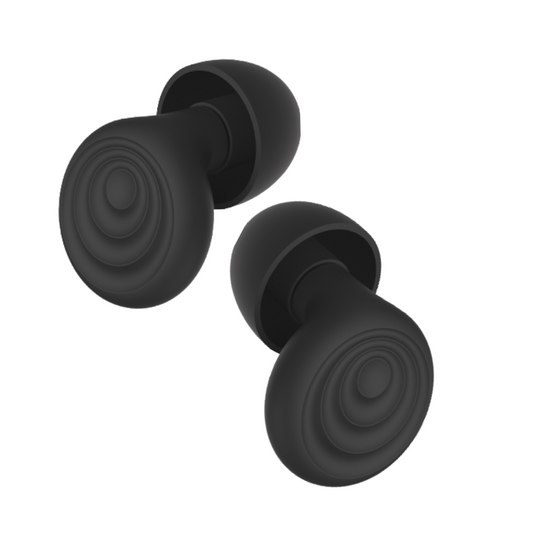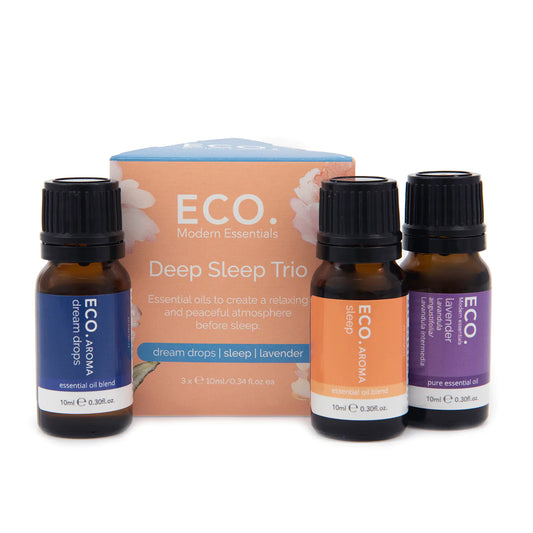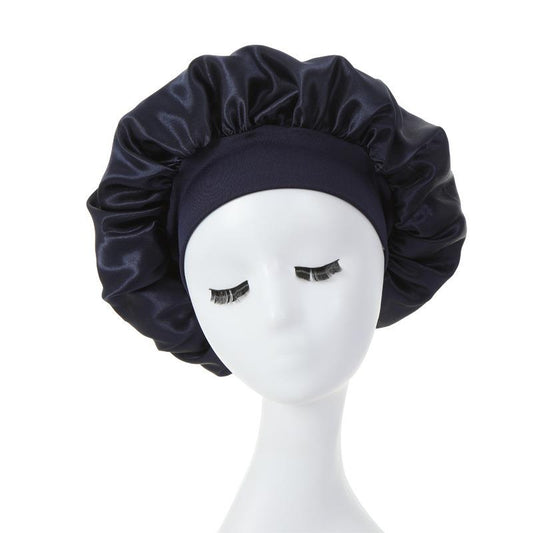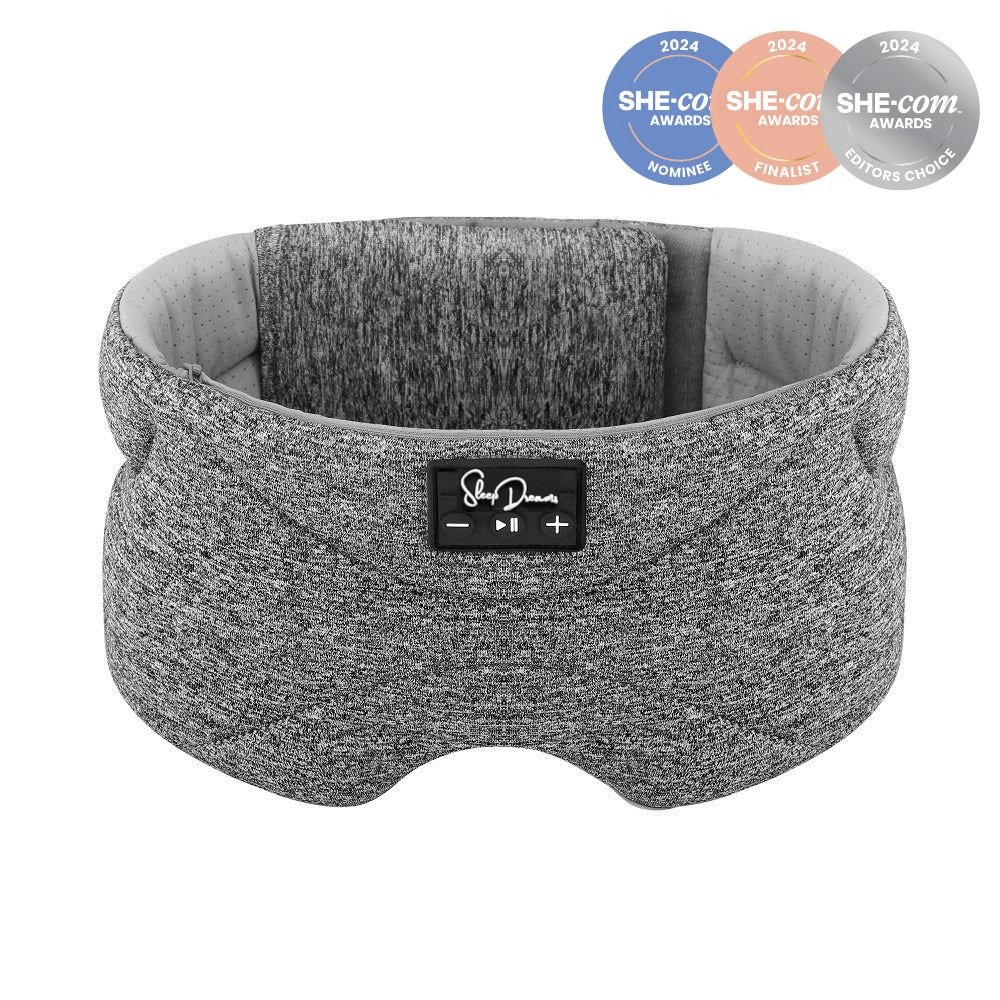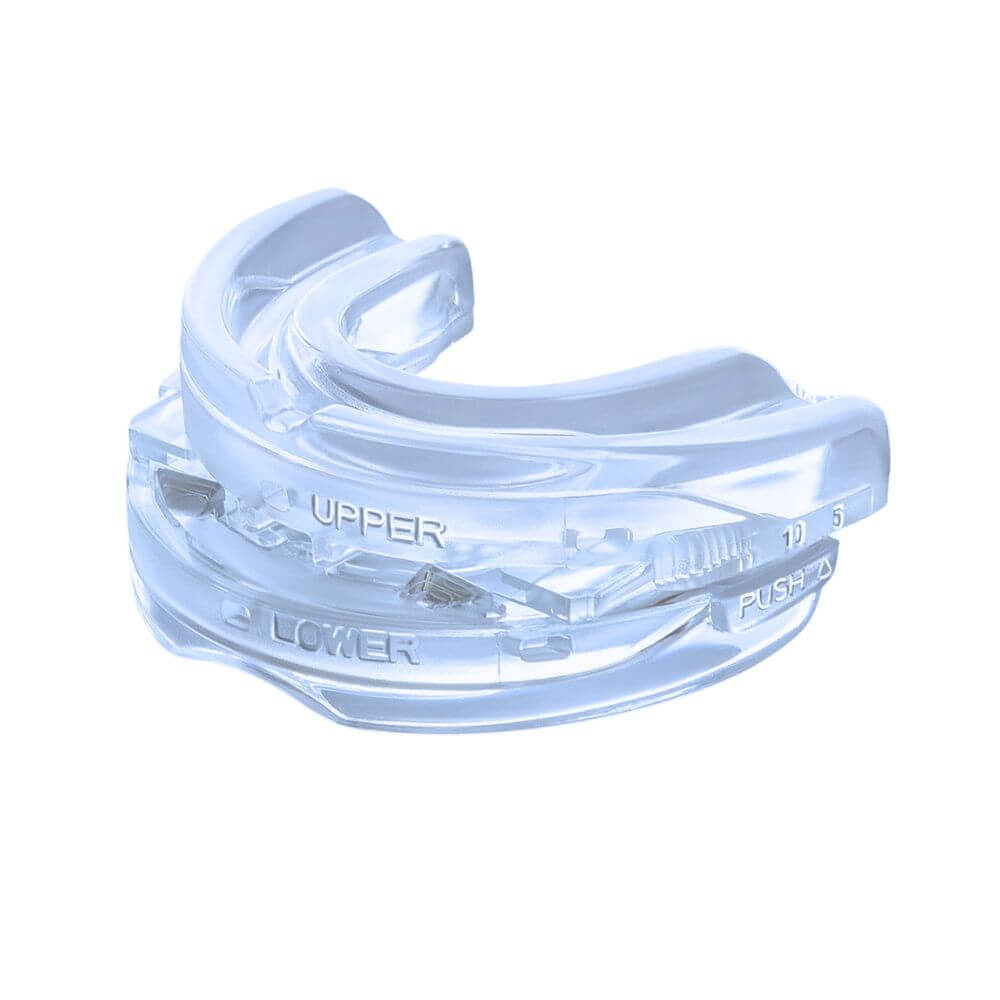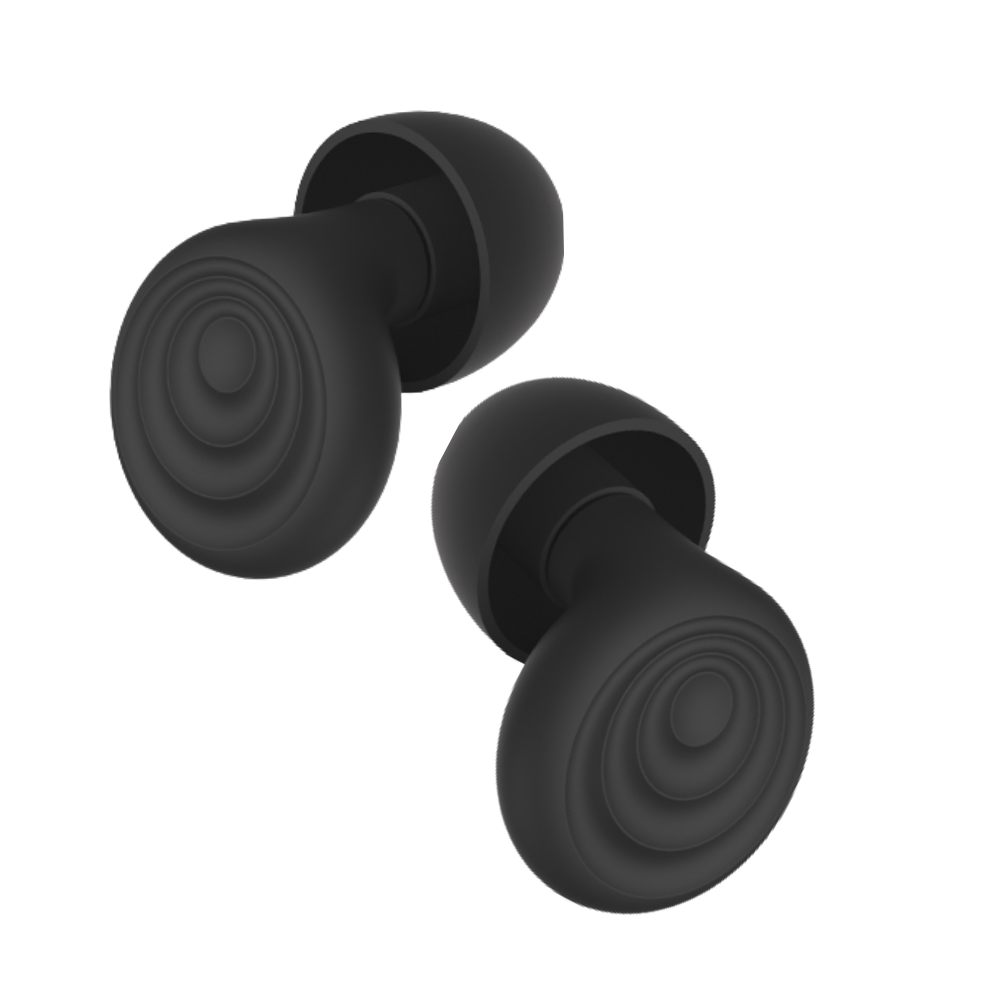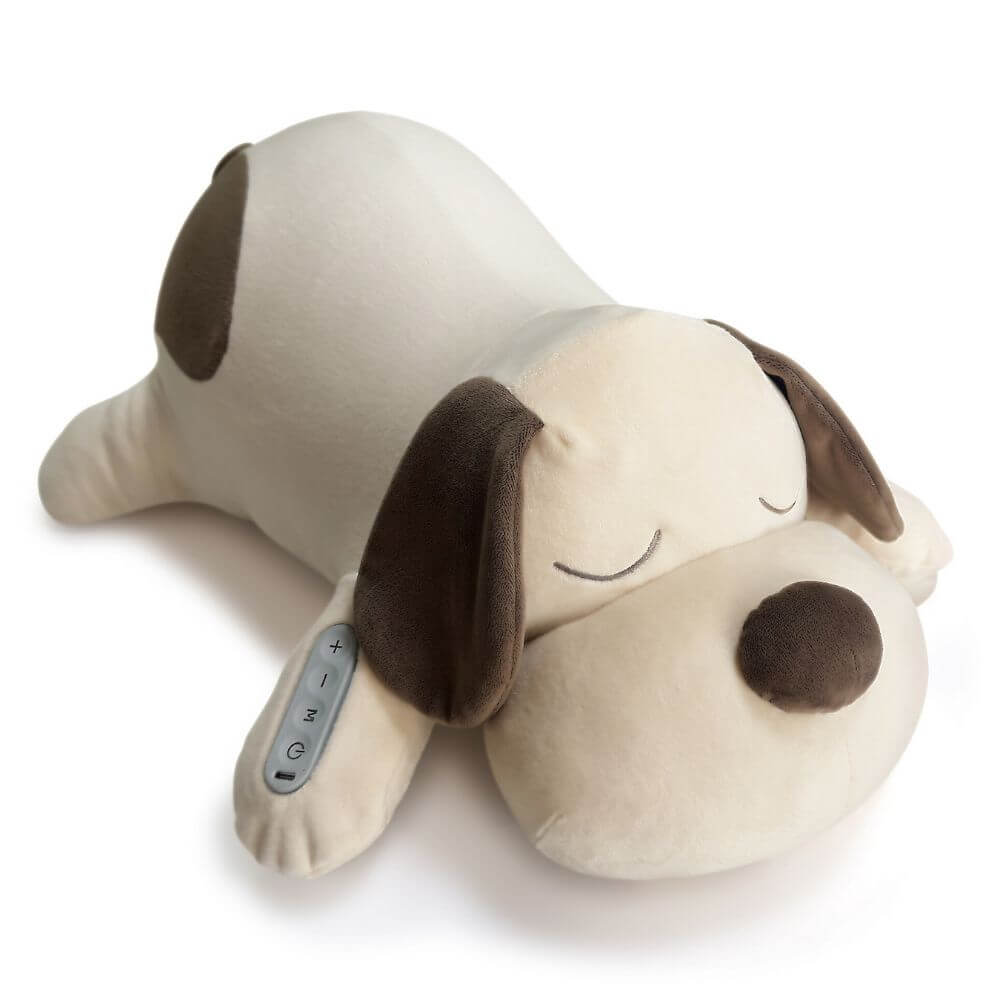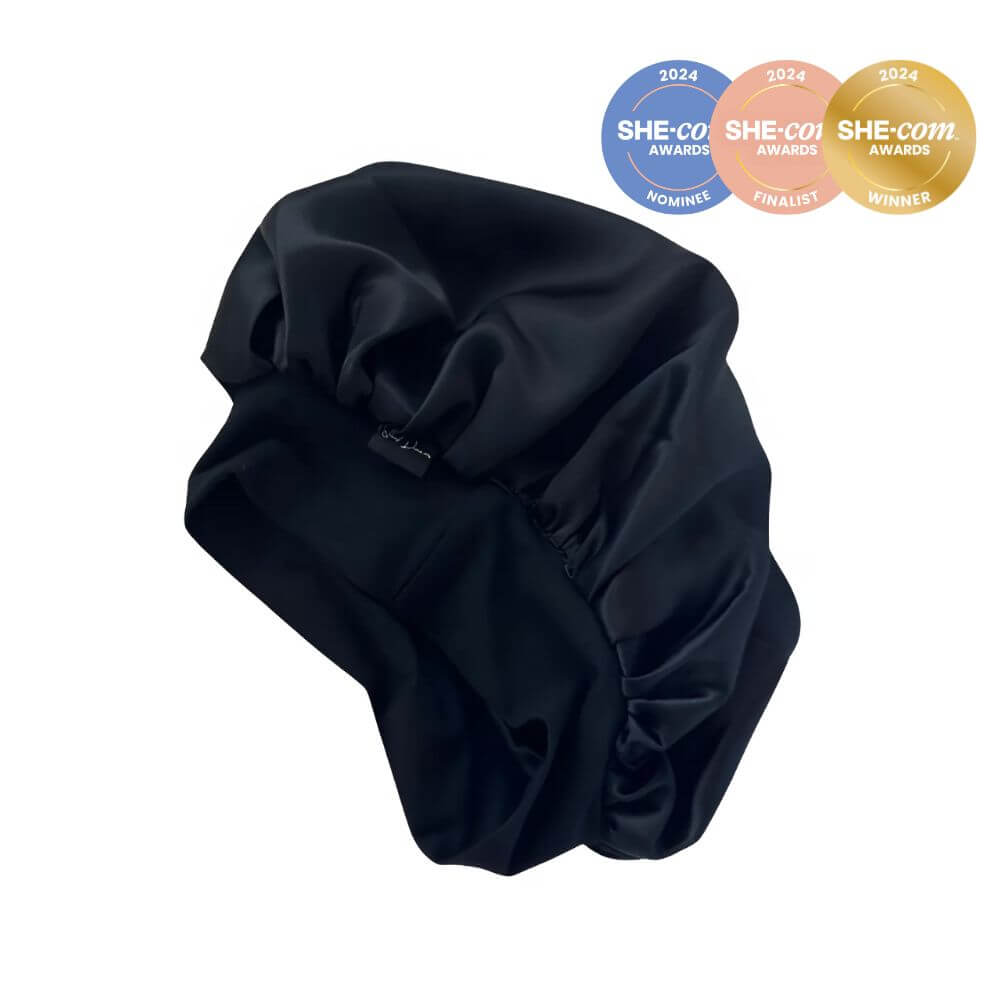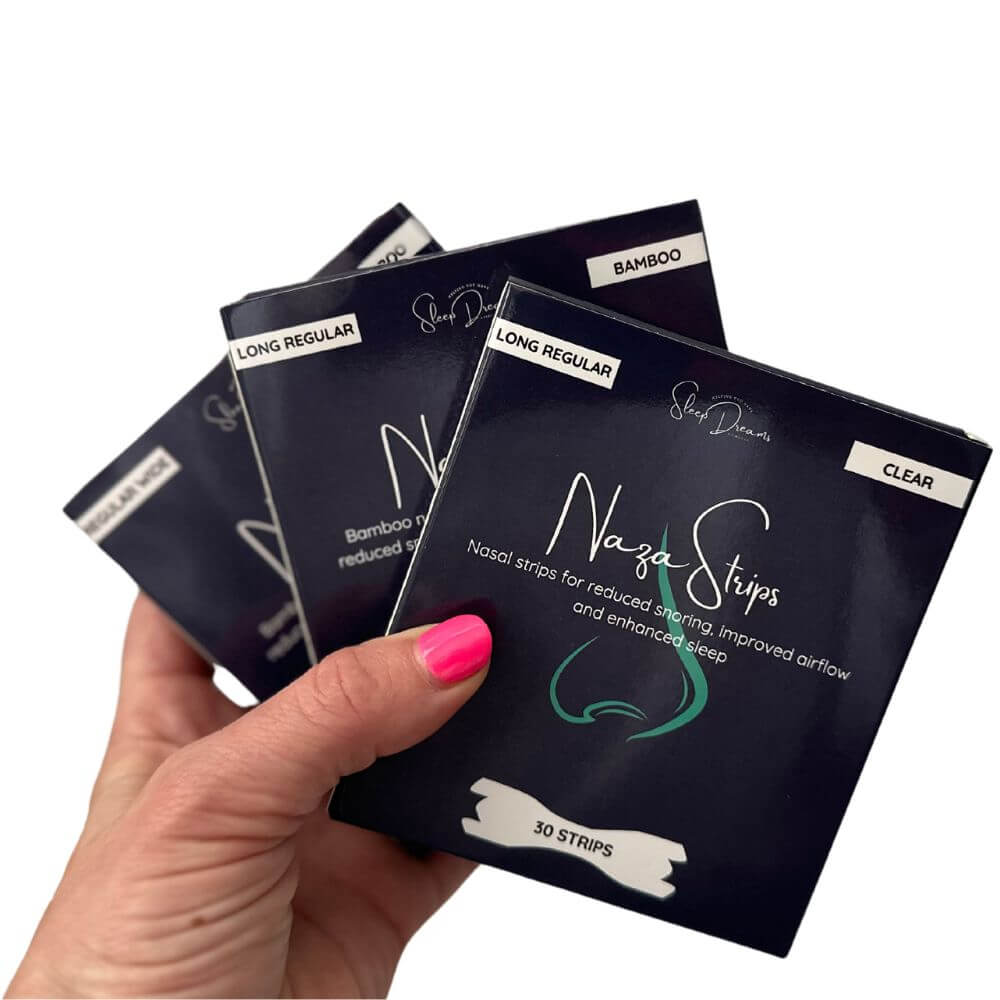We all know how important a good night's sleep is. But sometimes, no matter how early we go to bed or how many sheep we count, we just can't seem to fall asleep. That's where sleep drops come in. Sleep drops are a type of supplement that is designed to help you fall asleep and stay asleep. But do they really work? Let's take a closer look at sleep drops and see what science has to say.

What Are Sleep Drops?
Sleep drops are a type of natural remedy that people use to help them fall asleep. The most popular type of sleep drop is chamomile, which is a flowering plant that has been used medicinally for centuries. Chamomile tea is often consumed before bed as a way to promote relaxation and sleepiness.
Sleep drops usually come in the form of tinctures or liquids that are placed under the tongue or added to a beverage like tea before bedtime. Tinctures are concentrated forms of herbs that are made by soaking the herb in alcohol or another solvent. The liquid extract that results is then taken orally.
How Sleep Drops Work
Sleep drops usually contain a combination of herbs and essential oils that have been proven to be effective in promoting sleep. The most common ingredients in sleep drops are chamomile, passionflower, lemon balm, valerian root, and lavender oil. These ingredients work together to relax the mind and body, which makes it easier to fall asleep and stay asleep throughout the night.
Chamomile is an herb that has been used for centuries as a natural remedy for insomnia.
Passionflower is another herb that has been shown to be effective in treating insomnia.
Lemon balm is an herb that has calming properties and can help reduce anxiety levels.
Valerian root is an herb that has sedative properties and can help you fall asleep more easily.
Lavender oil is an essential oil that is well-known for its relaxation properties.
Do Sleep Drops Really Work?
Now that we know how sleep drops work, let's take a look at whether or not they are actually effective. Sleep drops have been shown to be effective in reducing the time it takes to fall asleep, increasing the quality of sleep, and reducing the number of awakenings during the night. However, sleep drops are not a cure for insomnia and should not be used as a long-term solution for sleeping problems. If you find that you are still having difficulty sleeping after using sleep drops for a few weeks, it is important to consult with a doctor or medical professional to rule out any underlying medical conditions that may be causing your insomnia.
The Bottom Line
Sleep drops have been shown to be an effective way to fall asleep and stay asleep throughout the night. If you are struggling with insomnia, sleep drops may be worth trying. However, it is important to consult with a doctor or medical professional before using any type of supplement, especially if you have an underlying medical condition.



